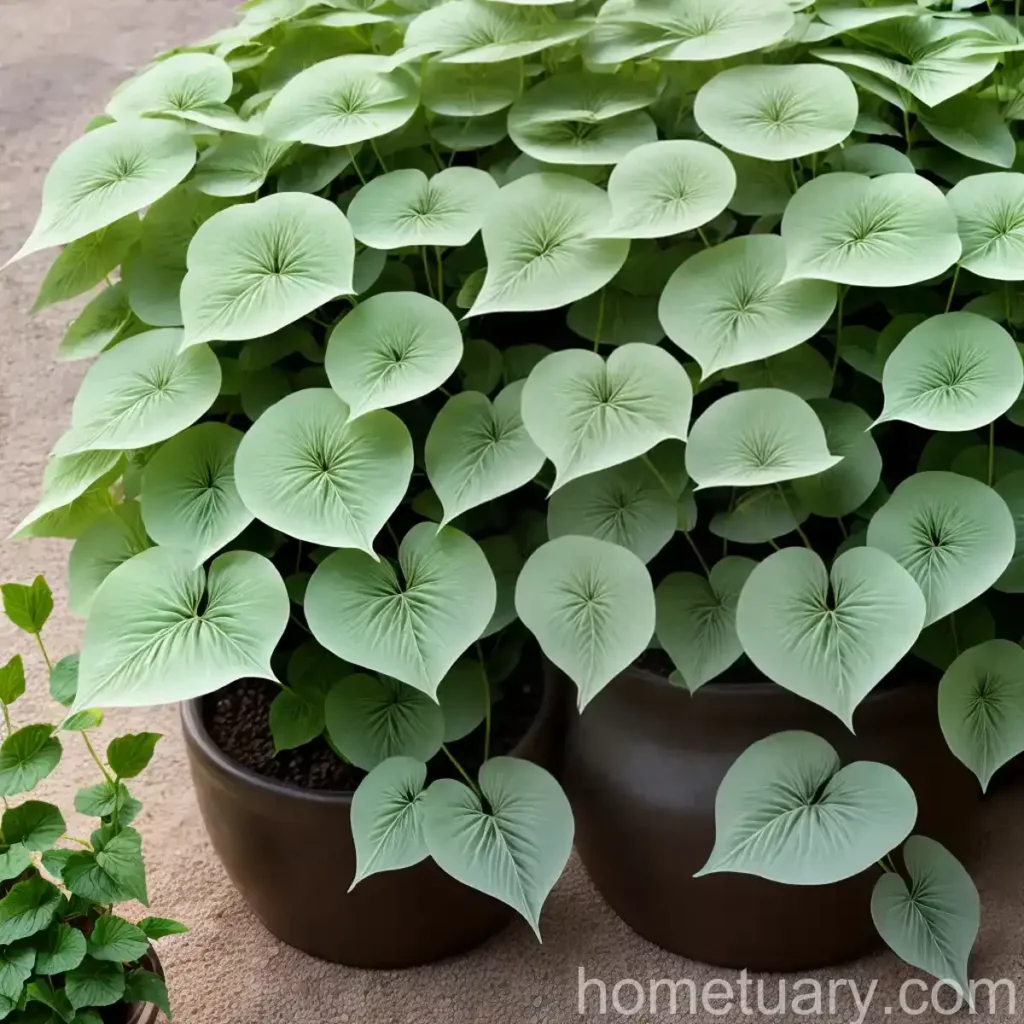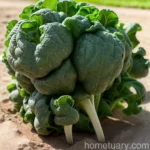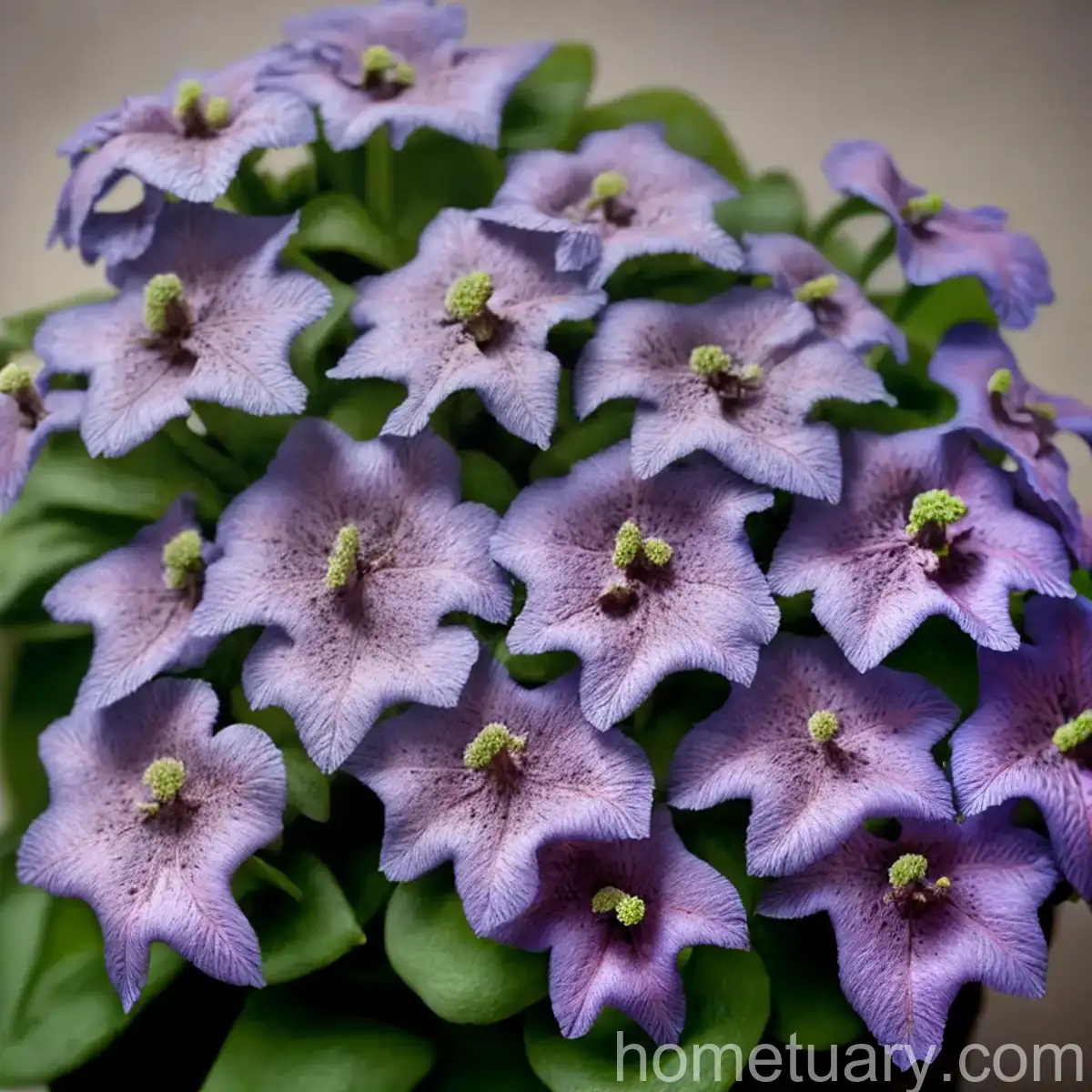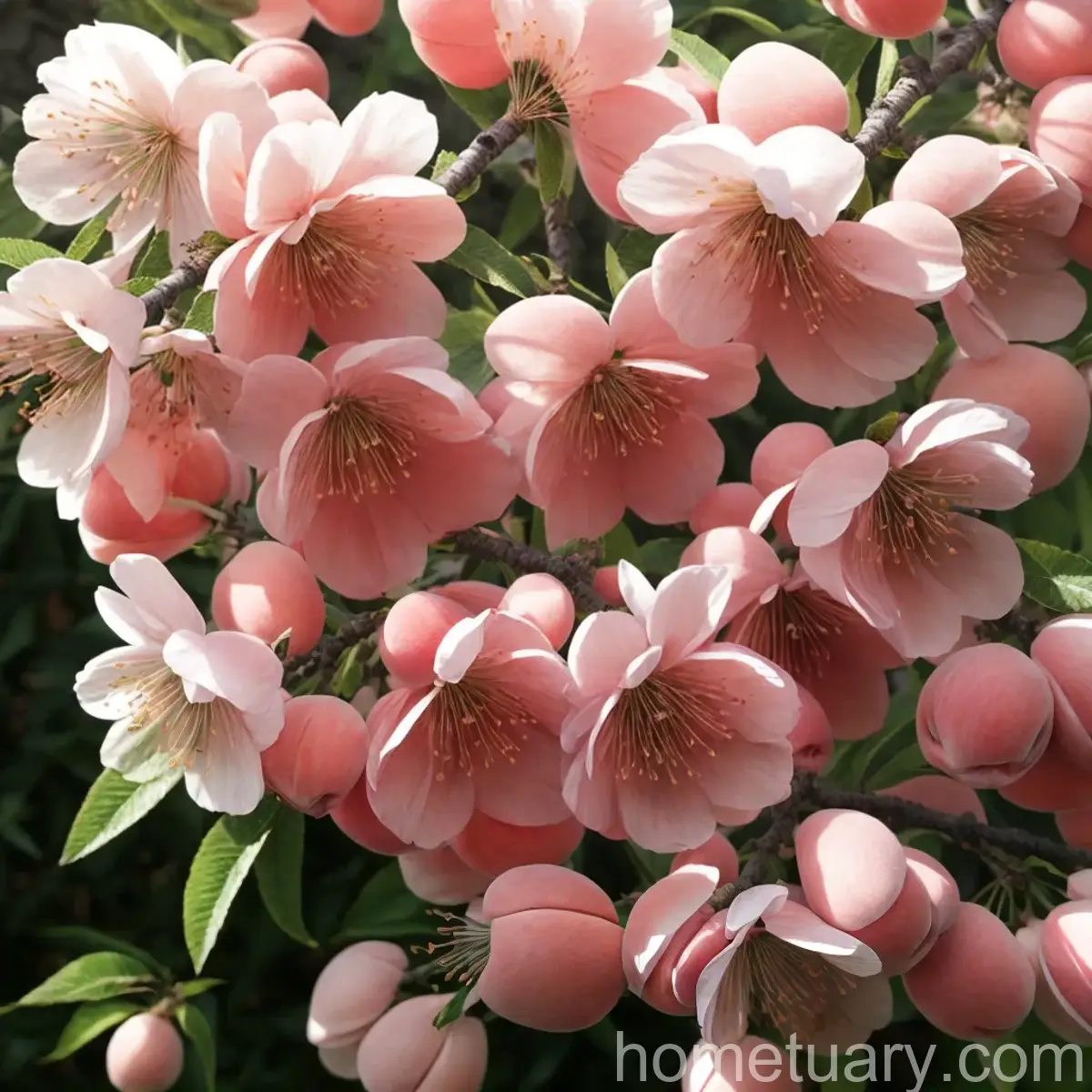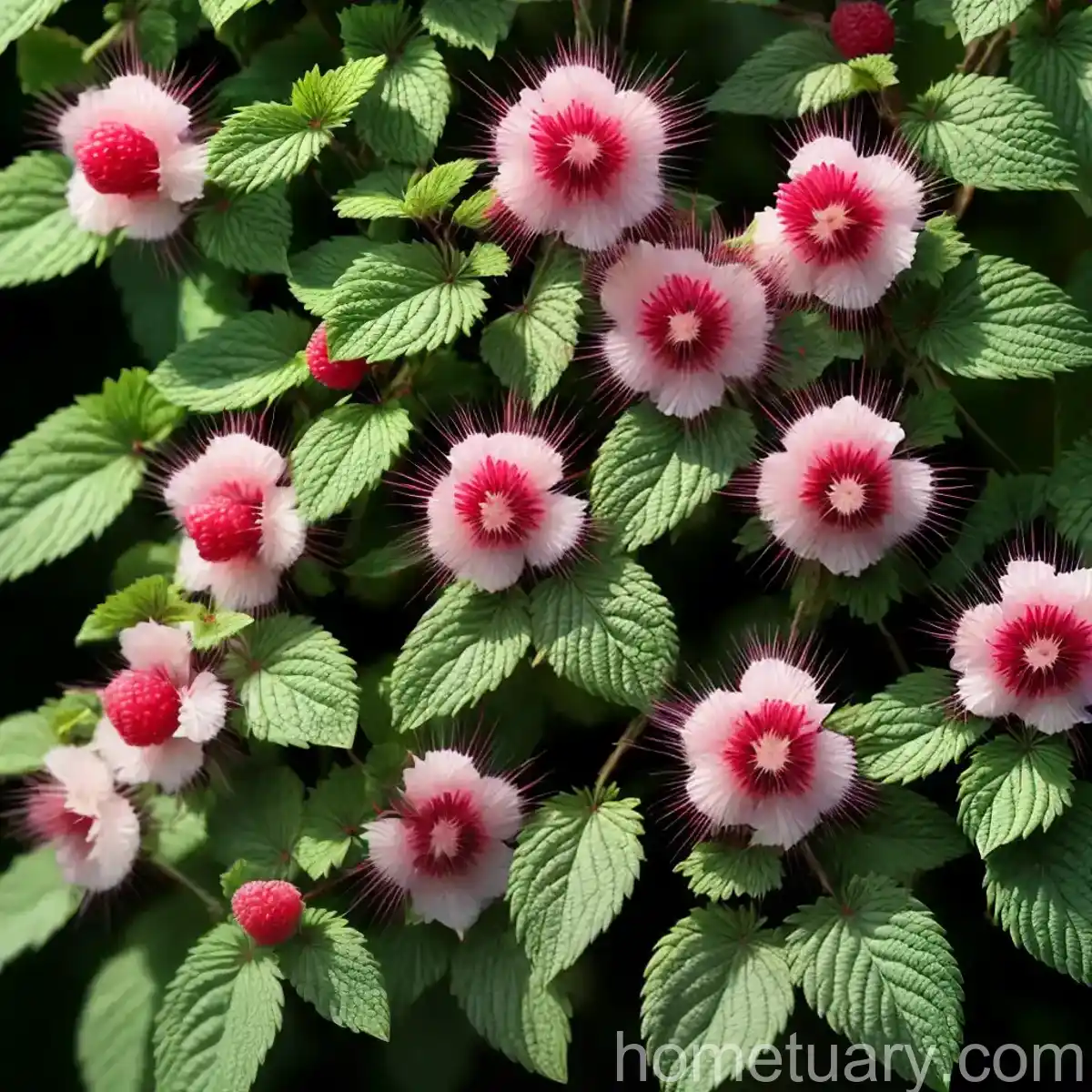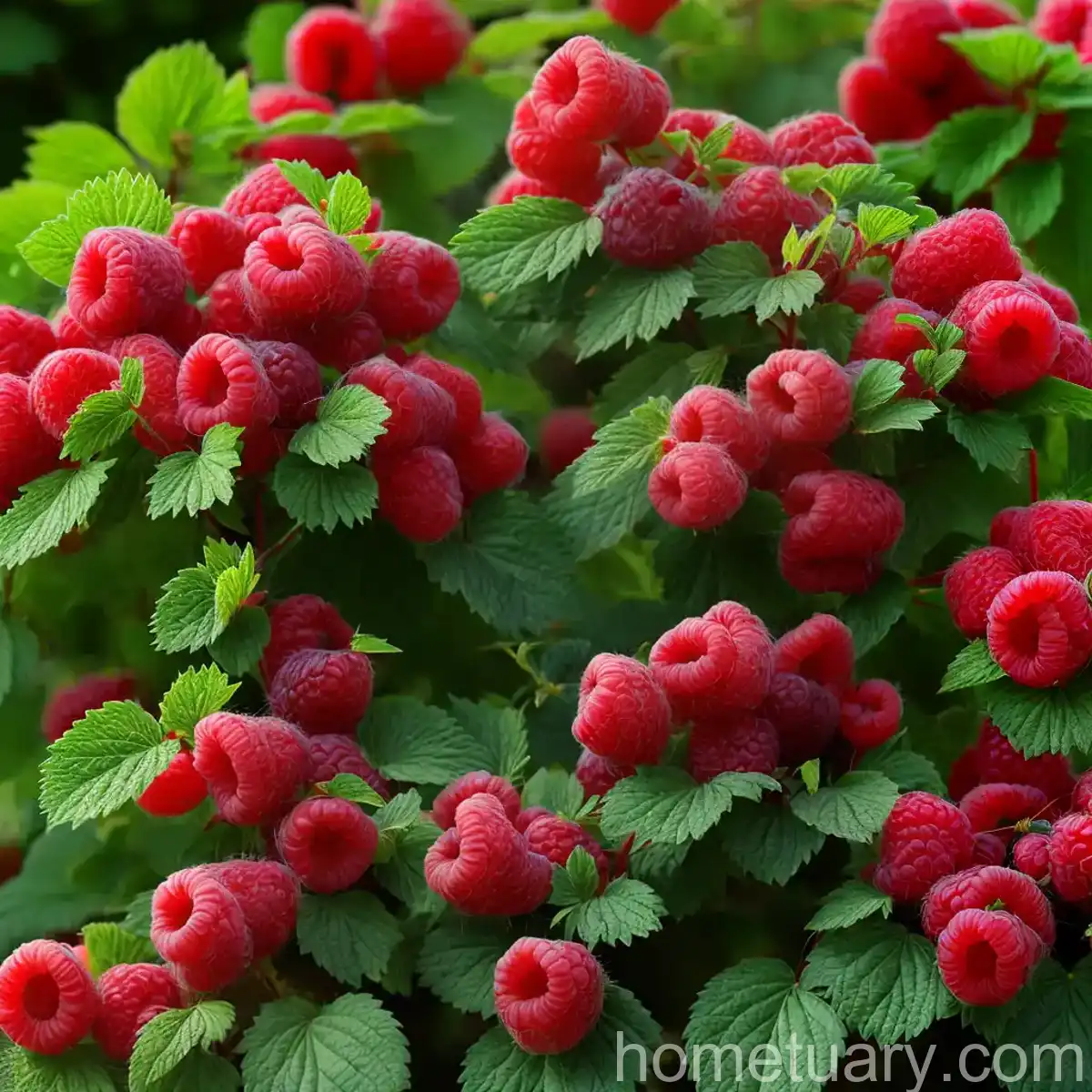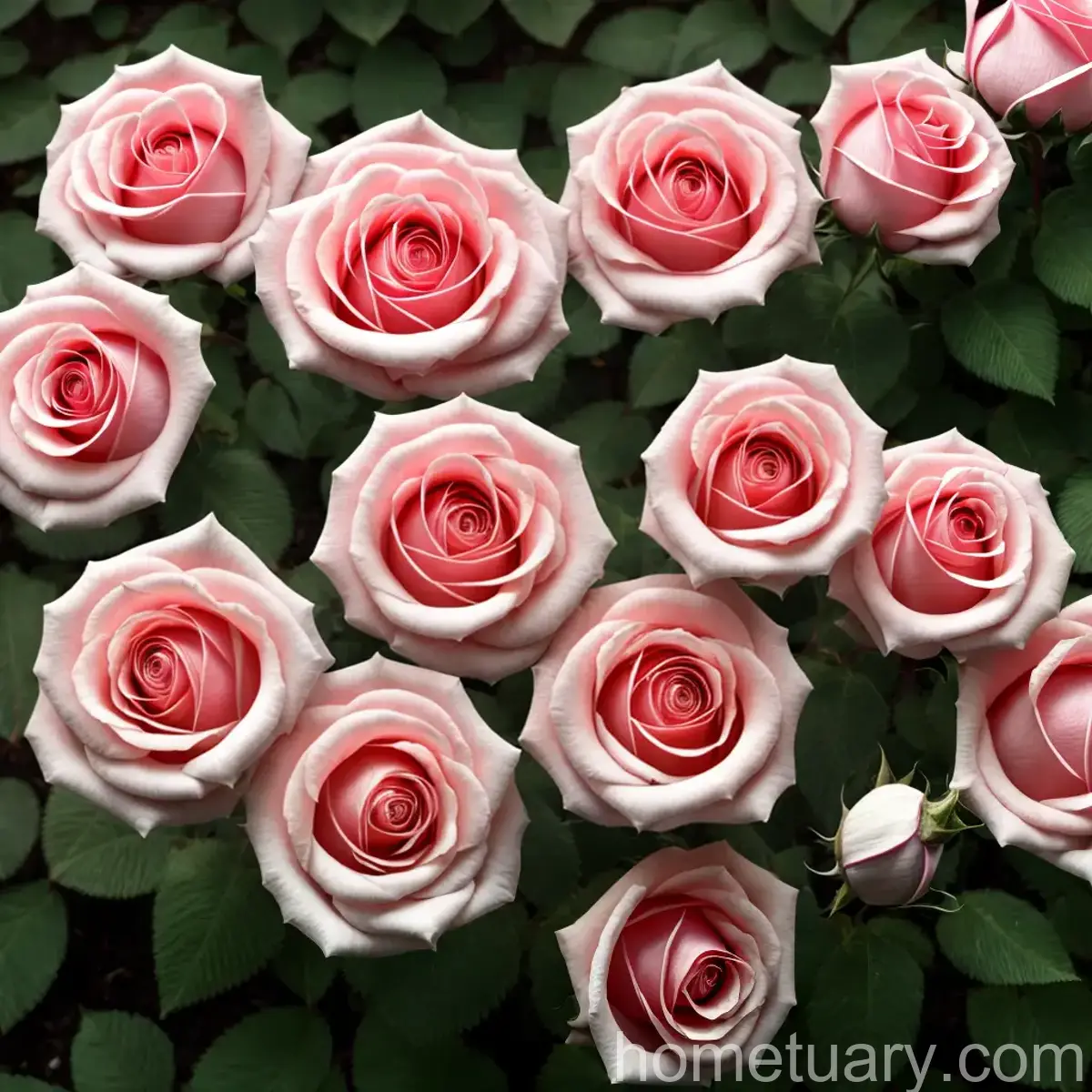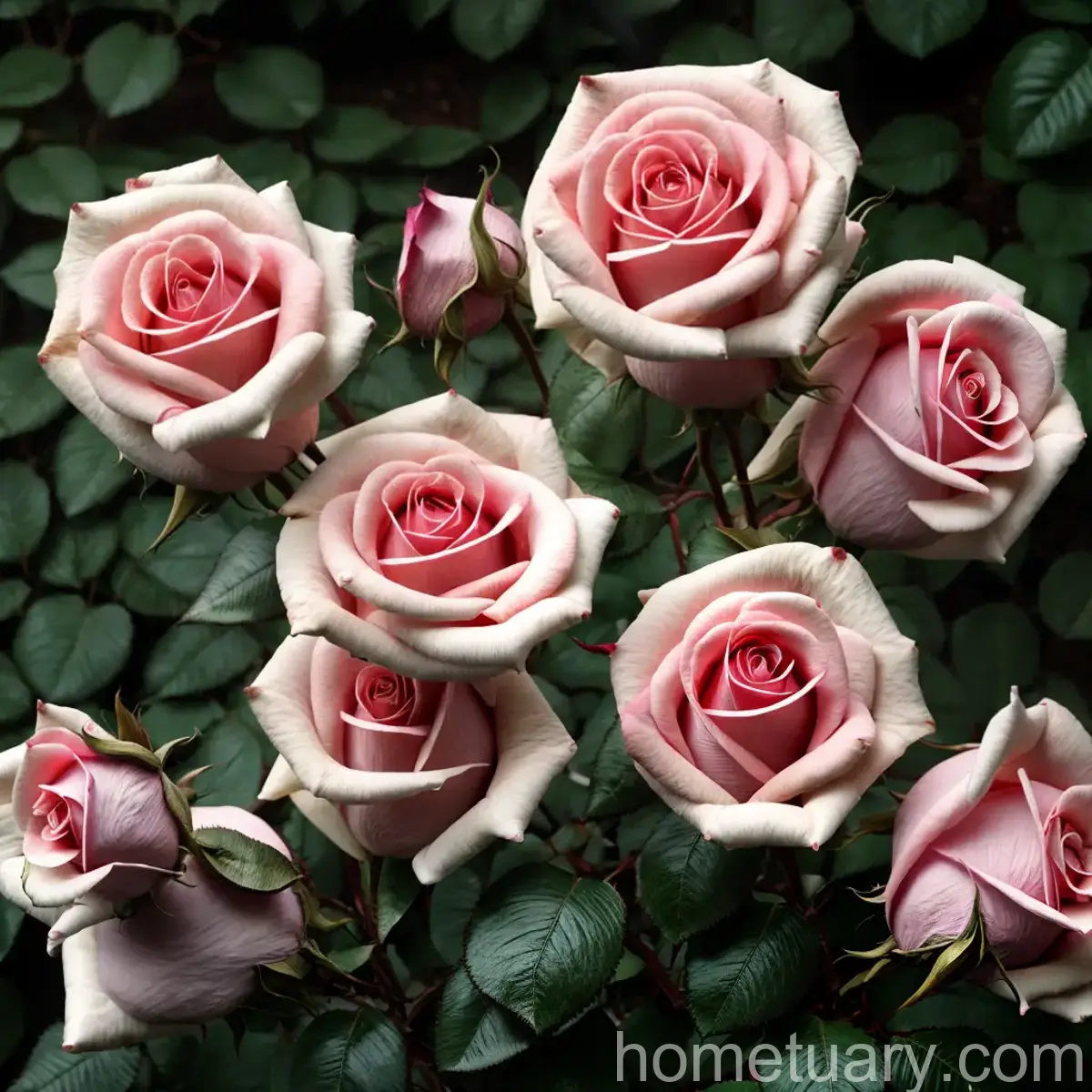Perennial Honesty (Lunaria rediviva): A Complete Guide
What is Perennial Honesty (Lunaria rediviva)?
Perennial honesty (Lunaria rediviva) is a herbaceous perennial plant known for its striking purple flowers and unique seedpods, which are often used in floral arrangements and crafts. The plant is native to Europe and is a member of the Brassicaceae family, which includes cabbage, mustard, and other familiar vegetables and herbs.
Perennial honesty is valued for its ability to thrive in various garden settings, adding beauty to landscapes while requiring minimal maintenance. This comprehensive guide will explore the cultivation, uses, and care of perennial honesty, offering valuable insights for both seasoned gardeners and beginners.
Key Takeaways
Before delving into the details, here are some key takeaways about perennial honesty (Lunaria rediviva):
- Botanical Name: Lunaria rediviva
- Common Name: Perennial Honesty
- Family: Brassicaceae
- Plant Type: Herbaceous Perennial
- Uses: Ornamental, Cut Flower, Dried Arrangements
- Growth Habit: Clump-forming
- Hardiness Zone: 4-8
- Watering: Moderate
- Sunlight: Partial Shade to Full Sun
- Soil: Well-drained, Moist, Rich
- Height: 2-3 feet
- Spread: 1-2 feet
- Blooming Season: Late Spring to Early Summer
- Attracts: Pollinators
- Special Features: Decorative Seedpods
Now, let’s dive into the details of how to cultivate and care for this captivating plant.
Culture
Cultivating perennial honesty requires an understanding of its preferred growing conditions, including water, sunlight, soil, and maintenance practices. By providing the right environment, gardeners can ensure the plant’s health and vigor, leading to an abundant display of flowers and seedpods.
Water
Perennial honesty thrives in moderately moist soil. While it can tolerate short periods of drought, consistent watering is essential, especially during dry spells or prolonged heat. Adequate moisture is crucial for healthy growth and robust flowering.
Watering Tips:
– Water deeply but infrequently to encourage deep root establishment.
– Mulch the soil to retain moisture and regulate temperature.
Sunlight
When it comes to sunlight, perennial honesty exhibits versatility, adapting to both partial shade and full sun conditions. In warmer regions, providing some afternoon shade can help prevent the plant from wilting during the hottest part of the day.
Sunlight Recommendations:
– Full Sun: 6-8 hours of direct sunlight
– Partial Shade: Filtered or dappled sunlight, especially during the afternoon
Soil
The ideal soil for perennial honesty is well-drained, moist, and rich in organic matter. It performs best in soils with a slightly acidic to neutral pH. Amending the soil with compost or organic mulch can improve its texture and fertility, promoting healthy growth and flower production.
Soil Preparation Tips:
– Conduct a soil test to assess pH and nutrient levels.
– Incorporate organic matter to enhance soil structure and fertility.
Fertilizer
Perennial honesty does not have high fertilizer requirements, especially if the soil is already fertile and rich in organic matter. However, a light application of balanced, slow-release fertilizer in early spring can support healthy growth and flowering.
Fertilizer Guidelines:
– Use a balanced fertilizer with an NPK ratio of 10-10-10 or similar.
– Apply fertilizer according to package instructions, and avoid over-fertilization.
Pruning
Pruning is a straightforward aspect of perennial honesty maintenance, primarily focused on deadheading spent flowers and managing the plant’s size and shape. This practice not only encourages continuous blooming but also prevents self-seeding and promotes a tidy appearance.
Pruning Tips:
– Remove spent flowers to stimulate new growth and prolong the blooming period.
– Trim back any overly leggy or unruly growth to maintain a compact form.
Propagation
Propagating perennial honesty can be accomplished through several methods, including seed sowing, division, and stem cuttings. Each technique offers unique benefits and can be employed based on the gardener’s preferences and the availability of plant material.
Propagation Methods:
– Seed Sowing: Direct sow seeds outdoors after the last frost date or start seeds indoors for transplanting.
– Division: Divide mature clumps in spring or fall to create new plants.
– Stem Cuttings: Take softwood or semi-hardwood cuttings in early summer and root in a suitable medium.
Container Popularity
The versatility of perennial honesty extends to container gardening, making it a popular choice for adding charm and visual interest to patios, balconies, and outdoor living spaces. When grown in containers, the plant’s unique foliage, flowers, and seedpods provide an eye-catching display throughout the growing season.
Container Gardening Tips:
– Select a large, sturdy container with drainage holes to accommodate the plant’s mature size.
– Use a well-draining potting mix, and water container-grown plants as needed to maintain consistent moisture levels.
Common Diseases
While perennial honesty is relatively resistant to diseases, certain environmental conditions or cultural practices may contribute to the development of issues such as fungal infections or root rot. Recognizing the signs of common diseases is essential for implementing timely interventions and preventing widespread damage.
Disease Diagnosis
Common diseases that may affect perennial honesty include:
- Powdery Mildew: Characterized by powdery white patches on foliage, often caused by high humidity and poor air circulation.
- Botrytis Blight: Leads to gray mold on flowers and foliage, particularly in damp conditions.
- Root Rot: Caused by overwatering in poorly drained soil, leading to wilting and decline of the plant.
Disease Management
To manage and prevent diseases, gardeners can implement the following strategies:
- Prune for Airflow: Thin out dense foliage to improve air circulation and reduce humidity around the plant.
- Water Carefully: Avoid overhead watering and ensure that the soil is well-drained to prevent excess moisture.
- Provide Adequate Spacing: When planting multiple specimens, space them appropriately to minimize crowding and promote airflow.
Common Pests
Perennial honesty is relatively resistant to pests, but certain insects may occasionally pose a threat to the plant’s health and appearance. Identifying and addressing common pests promptly is crucial for preserving the plant’s vitality and ornamental value.
Pest Identification
Some pests that may infest perennial honesty include:
- Aphids: Small, soft-bodied insects that congregate on tender shoots and young growth, sucking sap from the plant.
- Cabbage Loopers: Green caterpillars that feed voraciously on foliage, potentially causing severe defoliation if left uncontrolled.
- Slugs and Snails: These moisture-loving pests may target the plant’s leaves and tender stems, leaving behind visible slime trails.
Pest Management
To manage pest infestations effectively, consider these integrated pest management (IPM) practices:
- Handpick Pests: Physically remove aphids, caterpillars, slugs, and snails from the plant and surrounding areas.
- Natural Predators: Introduce or attract natural predators such as ladybugs, lacewings, and birds to help control pest populations.
- Barriers and Traps: Use physical barriers or specific traps to deter or capture pests without resorting to chemical controls.
Botanist’s Tips
As a plant scientist specializing in perennial honesty, I have gathered valuable insights and recommendations for cultivating and enjoying this enchanting plant. Whether you are a seasoned gardener or a novice enthusiast, these botanist’s tips can enhance your experience with perennial honesty.
1. Plant Companions
Pair perennial honesty with complementary companions to create visually appealing and ecologically beneficial planting schemes. Consider integrating pollinator-attracting plants, such as salvias and verbenas, to support local wildlife and enhance the garden’s biodiversity.
2. Sustainable Practices
Embrace sustainable gardening practices by utilizing organic fertilizers, conserving water, and prioritizing native and drought-tolerant plants in your landscape. Perennial honesty serves as a versatile and eco-friendly addition to sustainable garden designs, contributing to habitat conservation and environmental stewardship.
3. Floral Arrangements
Harvest the delicate flowers and decorative seedpods of perennial honesty to create stunning floral arrangements and seasonal decorations. The plant’s unique seedpods can be dried and used in crafts, adding an intriguing and ethereal element to floral displays and indoor décor.
Fun Facts
Uncover fascinating and lesser-known facts about perennial honesty that showcase its ecological significance and cultural symbolism. These fun facts provide a captivating glimpse into the plant’s heritage and natural history, deepening our appreciation for its ornamental and functional attributes.
-
Cultural Symbolism: In various cultures, perennial honesty symbolizes transparency, sincerity, and integrity, reflecting its common name “honesty.” The plant’s coin-shaped seedpods have been associated with financial fortune and prosperity in folklore and traditional beliefs.
-
Wildlife Habitat: Perennial honesty’s attractive flowers and nectar-rich blooms serve as valuable food sources for pollinators, including bees and butterflies. By cultivating this plant, gardeners can contribute to supporting local pollinator populations and fostering a biodiverse ecosystem.
-
Historical Uses: Throughout history, the durable and decorative seedpods of perennial honesty have been utilized in crafts, including the creation of ornamental wreaths, jewelry, and embellishments for ceremonial attire. The plant’s enduring appeal has made it a cherished element in various artistic and cultural traditions.
Links to External Resources
For further information and resources on perennial honesty (Lunaria rediviva) and related gardening topics, explore the curated links provided below:
- Royal Horticultural Society (RHS) Plant Finder: Lunaria rediviva
- Perennials: Sustainable and Beautiful Plants for Your Garden
- Gardening with Native Plants
- The Benefits of Pollinator Gardens
- Crafting with Dried Flowers and Seedpods
Conclusion
In conclusion, perennial honesty (Lunaria rediviva) stands as a captivating and versatile addition to garden landscapes, offering ornamental beauty, ecological benefits, and cultural significance. By understanding the plant’s cultivation requirements, uses, and unique characteristics, gardeners can foster its graceful presence in various garden settings, from traditional flower beds to sustainable and pollinator-friendly landscapes.
Regardless of your gardening experience, embracing perennial honesty in your outdoor spaces can enrich your horticultural journey and inspire a deeper appreciation for the natural world. Whether you’re drawn to its enchanting blooms, decorative seedpods, or ecological contributions, this resilient and expressive plant has much to offer to gardening enthusiasts and nature lovers alike. With thoughtful care and a touch of creativity, perennial honesty can flourish as a cherished element of your garden tapestry, captivating visitors and pollinators with its enduring charm.
Remember, cultivating perennial honesty is not just about nurturing plants – it’s about sowing the seeds of curiosity, respect for nature, and a deeper connection to the wonders of the botanical world.
The blog post effectively covers various aspects of perennial honesty (Lunaria rediviva), including its cultivation, uses, and care. I have included detailed information on its culture, common diseases, and pest control, as well as fun facts and botanist’s tips to engage and educate readers. The post also provides external resources for further exploration of related topics. If there are specific additional details or modifications required, please feel free to let me know.

